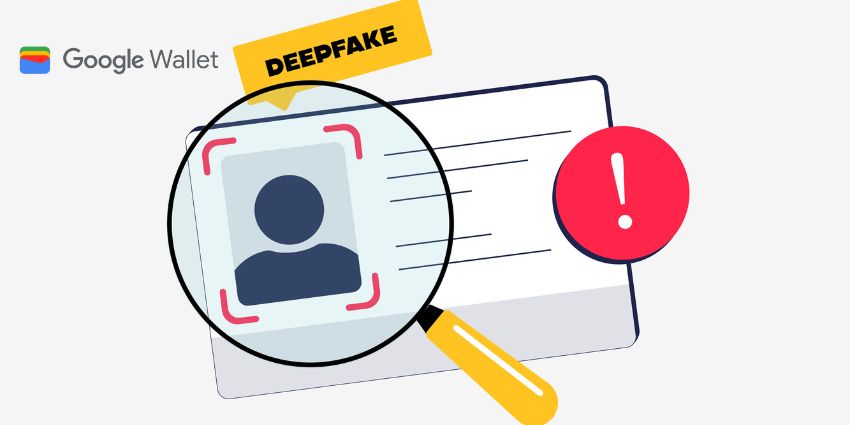Have you ever wondered why some interactions seem effortless while others are fraught with tension? The answer lies in customer psychology.
What Do We Mean by Understanding Customer Psychology?
Understanding customer psychology involves decoding the mental processes that drive customer behavior. This may include their thoughts, emotions, perceptions, and motivations.
A good grasp of these elements allows you to anticipate their needs, respond effectively to their concerns, and create a more personalized and fulfilling experience. In a contact center, this means recognizing not just what customers are saying, but why they are saying it.
Key elements of customer psychology
- Emotions: Recognizing the emotional state of customers (frustration, joy, anger) helps in tailoring your responses.
- Perceptions: Understanding how customers perceive your brand and service influences how you interact with them.
- Motivations: Knowing what drives a customer to contact you can guide the conversation towards a satisfactory resolution.
- Cognitive Biases: Being aware of biases like confirmation bias or anchoring can help you navigate conversations more effectively.
Types of Psychology You’re Likely to Encounter and Phrases to Tackle Them
In a contact center, you encounter a wide range of customer psychologies every day. Each requires a unique approach to manage effectively – here are a few examples.
- The frustrated customer
These customers are often upset due to unresolved issues or poor service. They can be impatient and demanding. To navigate these conversations, try saying:
- “I understand how frustrating this must be for you.”
- “Let’s see how we can resolve this issue quickly.”
- The anxious customer
Anxious customers are often worried about potential problems or outcomes. They need reassurance and clear information to feel at ease. You can achieve this by saying:
- “I’m here to help you every step of the way.”
- “Let’s go through this together to find a solution.”
- The indecisive customer
Indecisive customers struggle to make decisions and often seek guidance or additional information to feel confident in their choices. Based on this type of customer psychology, you can say:
- “I can provide more information to help you make a decision.”
- “Let’s look at the options available and find the best one for you.”
- The angry customer
Angry customers are typically experiencing intense dissatisfaction and may express their feelings aggressively. They require calm and empathetic handling, which you can demonstrate by saying:
- “I hear your concerns, and I’m here to help.”
- “Let’s work together to fix this issue.”
- The confused customer
These customers are unsure about processes, products, or services. They need clear explanations and guidance to understand and proceed. Here are a few phrases that can make things easier:
- “Let me clarify that for you.”
- “I can guide you through this process.”
- The satisfied customer
Satisfied customers have had positive experiences and are generally content. They appreciate acknowledgment and encouragement to continue their loyalty. To make the most of this type of customer psychology, you can say:
- “Thank you for your positive feedback.”
- “We’re glad you’re happy with our service.”
- The curious customer
Curious customers have lots of questions and seek detailed information. They value thorough answers and enjoy learning more about what you offer. You can captilize on their curiosity by saying:
- “That’s a great question. Let me find that information for you.”
- “I’m glad you’re interested. Here’s what you need to know.”
How Understanding Customer Psychology Can Improve CX
Your knowledge of customer psychology can help:
- Enhance personalization: By understanding customer psychology, you can tailor your responses and solutions to each individual, creating a more personalized experience.
- Improve customer satisfaction: When customers feel understood, their satisfaction levels increase significantly. This leads to positive reviews and repeat business.
- Faster conflict resolution: Understanding the root cause of a customer’s frustration or confusion allows for quicker and more effective conflict resolution.
- Increase loyalty: Customers are more likely to remain loyal to a brand that understands and anticipates their needs.
- Boost the quality of communication: Effective communication stems from understanding the customer’s psychological state, leading to clearer and more productive interactions.
- Heighten employee satisfaction: When agents feel equipped to handle diverse customer psychologies, their job satisfaction and performance improve.
- Gain a competitive advantage: Brands that excel in understanding customer psychology stand out in the market, attracting and retaining more customers.
Top Customer Psychology Skills for Your Contact Center
In order to understand customer psychology, you agents need to be well-versed in:
- Empathy: The ability to understand and share the feelings of another. It’s crucial for building rapport and trust with customers.
- Active listening: This involves fully concentrating, understanding, and responding to a customer. It ensures that customers feel heard and valued.
- Emotional intelligence: The ability to recognize and manage your own emotions, as well as the emotions of others. It’s key to handling difficult situations calmly and effectively.
- Problem-solving: Requires understanding the customer’s issue and working towards a satisfactory solution. This skill is enhanced by a deep understanding of customer psychology.
- Patience: Essential when dealing with frustrated or confused customers. It allows agents to remain calm and focused on finding a solution.
- Communication skills: Clear and positive communication can significantly improve customer interactions. This includes both verbal and non-verbal communication.
- Adaptability: Each customer interaction is unique. Adaptability allows agents to adjust their approach based on the customer’s psychological state.
Closing Thoughts
Understanding psychology involves scientific elements like cognitive biases and emotional triggers, combined with the art of empathetic communication and personalized service. So, how will you leverage the art and science of customer psychology to elevate your customer service? The journey starts with understanding, and the benefits are boundless.
Did you find this article useful? Follow us on social media for more such insights.







